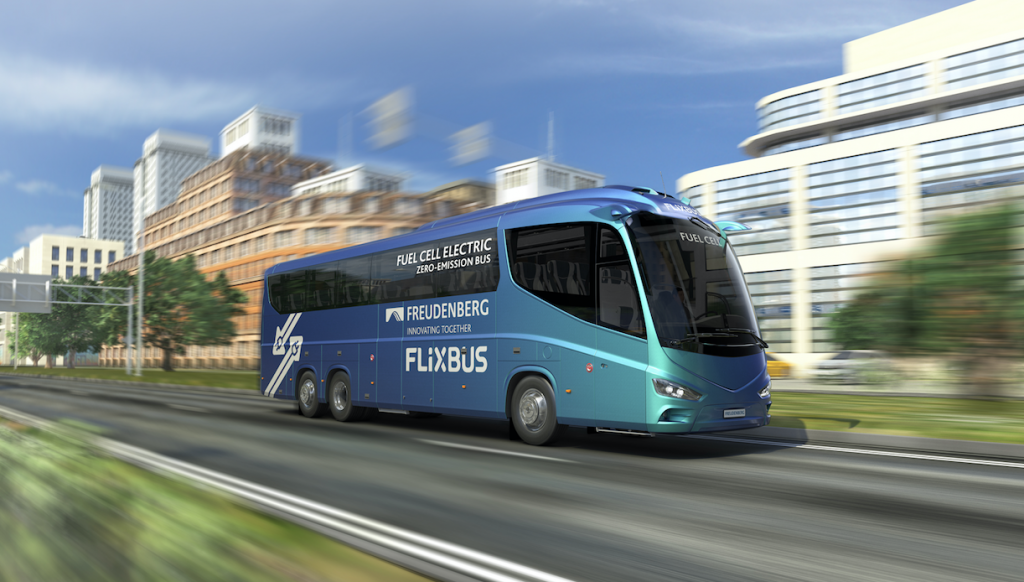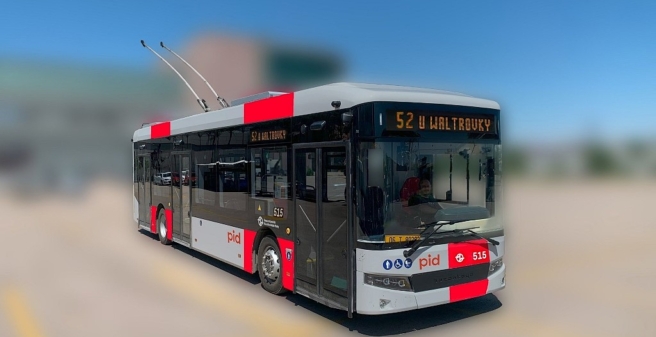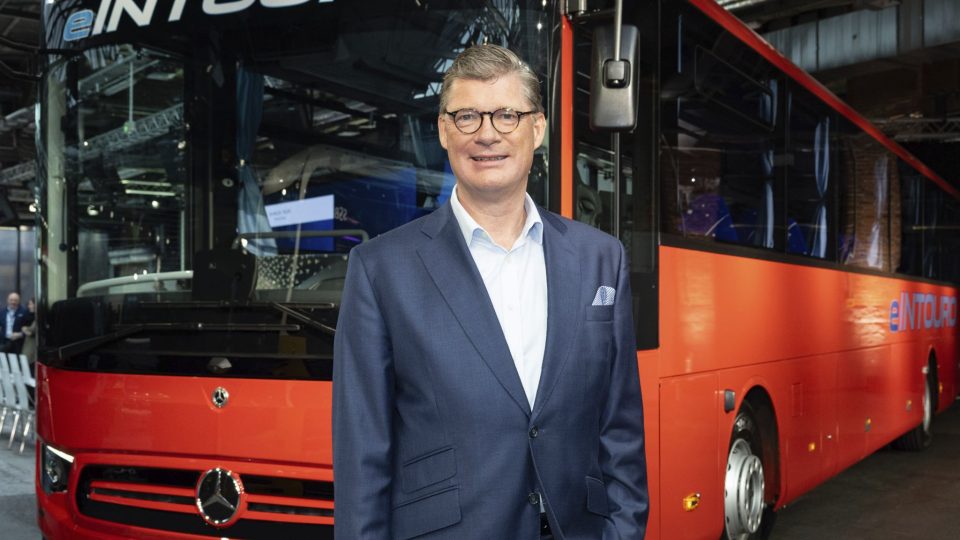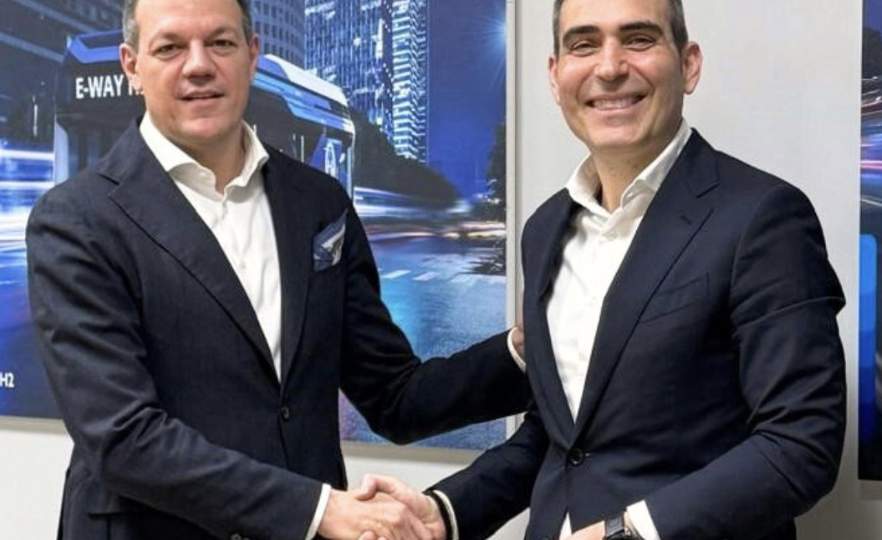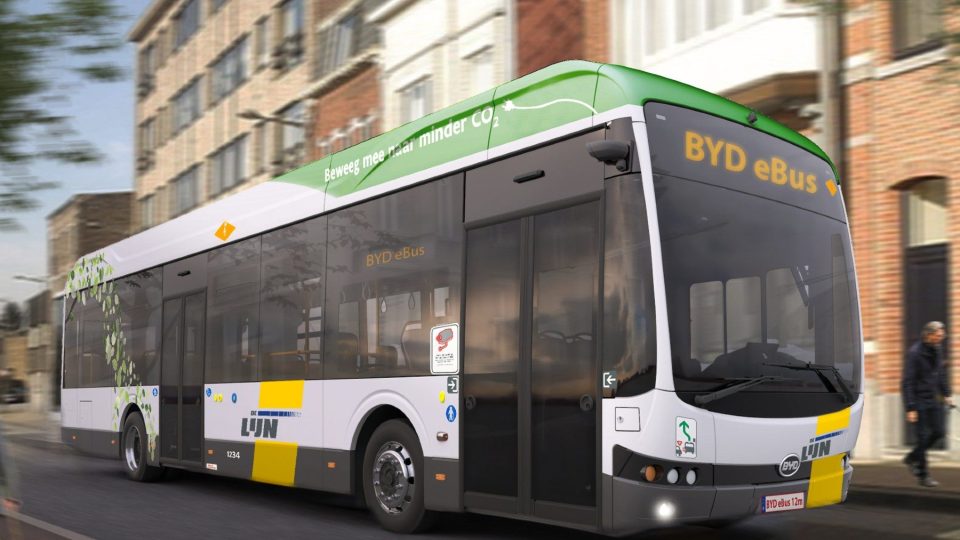FlixBus places solar panels on buses. On board equipments are green-powered
Solar panels on buses. FlixBus is launching a new project with the Dutch partner Kupers Touringcars. The solar panels installed on the bus are used to keep the battery charged: all on board equipment is then powered by solar energy. The novelty has allowed a reduction of 7 per cent in diesel consumption. The bus equipped with solar […]
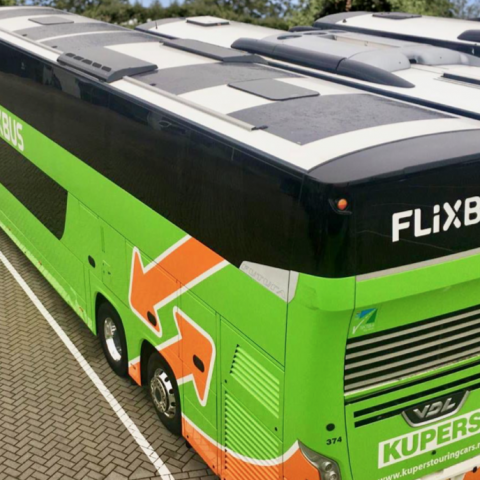
Solar panels on buses. FlixBus is launching a new project with the Dutch partner Kupers Touringcars. The solar panels installed on the bus are used to keep the battery charged: all on board equipment is then powered by solar energy. The novelty has allowed a reduction of 7 per cent in diesel consumption. The bus equipped with solar panels currently runs twice a week from Dortmund to London.
FlixBus is moving towards the goal of being carbon-neutral by 2030. In 2018, the German group launched pilot projects with the world’s first electric long-distance buses in France and Germany (although the German pilot fell into a few technical problems), and last year ran a test drive in the USA with brand new MCI electric coach. FlixBus is also working together with Freudenberg Sealing Technologies to prepare the future introduction of hydrogen coaches in its long distance bus network.
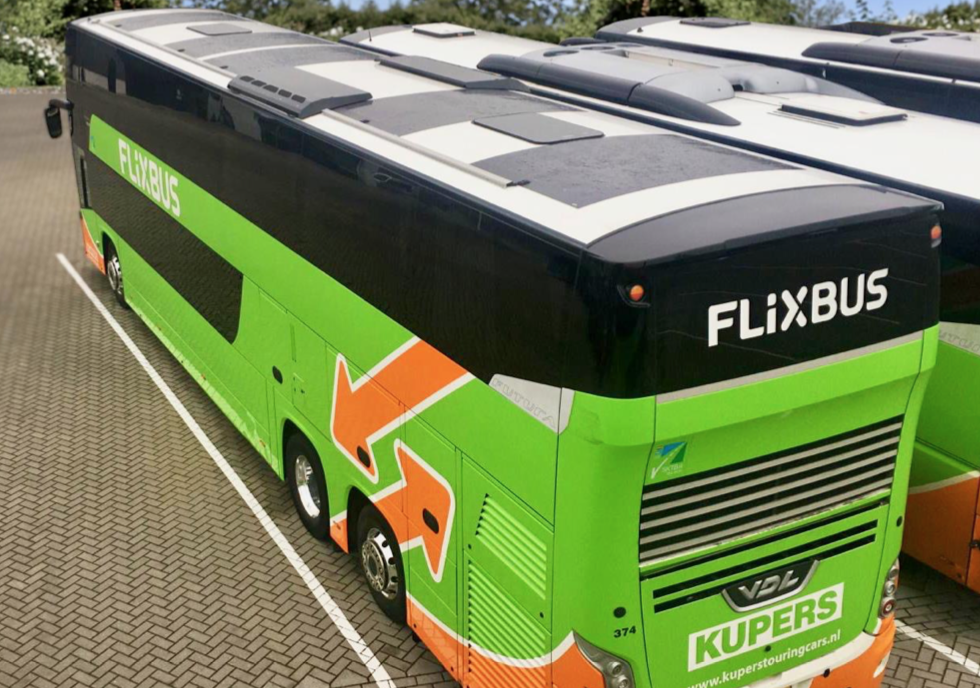
Solar panels on FlixBus buses. 1.7 l of diesel saved per 100 km
FlixBus has installed solar panels on its green bus that runs from Dortmund, via Eindhoven, Antwerp, Bruges and Calais to London. The solar mats installed on the roof of the FlixBus, ultra-thin and lightweight, can communicate with the alternator in the bus through a charge controller placed in the FlixBus.
The new technology charges the bus battery mainly by solar energy, relieving the alternator of the need to charge it using fuel, FlixBus points out. During the trial period, the group states, an average of 1.7 litres of diesel was saved per 100 km. With an average distance of 600 kilometres per day, this is a daily fuel saving of around 10 litres. The solar panels are expected to produce more energy during the summer.
Buses with solar panels: on board equipments are green-powered
The battery, in turn, supplies the power consumption of all the electronics on board. As usual with FlixBuses, the bus with solar panels is also equipped with USB ports, sockets, air conditioning, wi-fi and a media entertainment system. With the new technology, all on board equipment is now powered by solar energy. In this way, FlixBus travellers can charge their mobile devices with renewable energy.
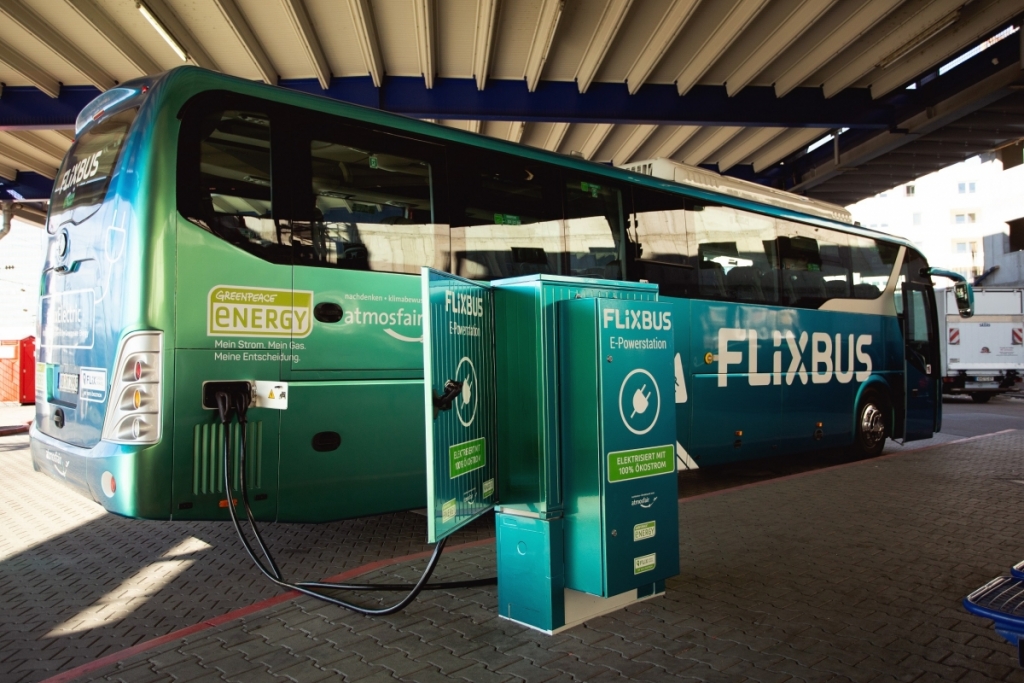
Specially developed solar panels for FlixBus buses
For this pilot project, FlixBus is working with TRAILAR, a British company that offers innovative transport solutions to reduce the environmental impact of commercial vehicles. The flexible solar mats have been specially developed for use in the transport sector and are already being used for trucks and delivery services. FlixBus is the first to apply this technology to an international long-distance bus.
The technology is designed in such a way that the data, and therefore the yield, can be monitored. Circumstances can be optimised, ultimately reducing CO2 emissions as much as possible. Factors such as like the route of the bus and the season influence the performance of the technology. The bus currently runs twice a week from Dortmund to London. From April, the bus will drive even more frequently and even daily during the holiday periods.
Kupers Touringars involved in the project
FlixBus further cooperates with local bus partners who operate the trips. One of these partners is Kupers Touringscars, from Limburg. The solar panels are installed on one of their buses that runs daily from Dortmund, via Eindhoven, Antwerp and Bruges to London. Director Kupers Touringcars, Bert Fonteijn says: “We are very proud that our double-decker is participating in this international pilot project to further reduce the environmental impact of long-distance bus journeys. We are pleased to be able to offer our travellers a tech-forward way of travelling”.
“We strive to travel as climate-neutrally as possible and make climate-friendly travel accessible to as many people as possible,” says Jesper Vis, managing director of FlixBus Benelux. “This pilot project with solar panels is just one in a series of initiatives and climate-friendly projects for our travellers. Based on the initial results, we will evaluate the extent to which we amplify this pilot to more buses or even all buses in the network”.
